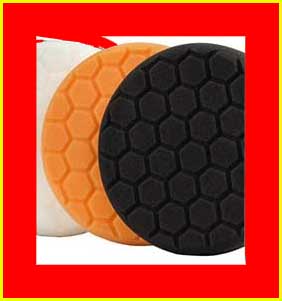R
rexcsmith
- Reaction score
- 2
- Thunderbird Year
- 2002
I've had to recharge my A/C a couple of times in the past month. It apparently has a leak. Where are the obvious places to look for leaks? Is there a map of connections?
This page contains affiliate links for which I may be compensated. As an eBay Partner, and Amazon Associate I may be compensated if you make a purchase at no cost to you.


